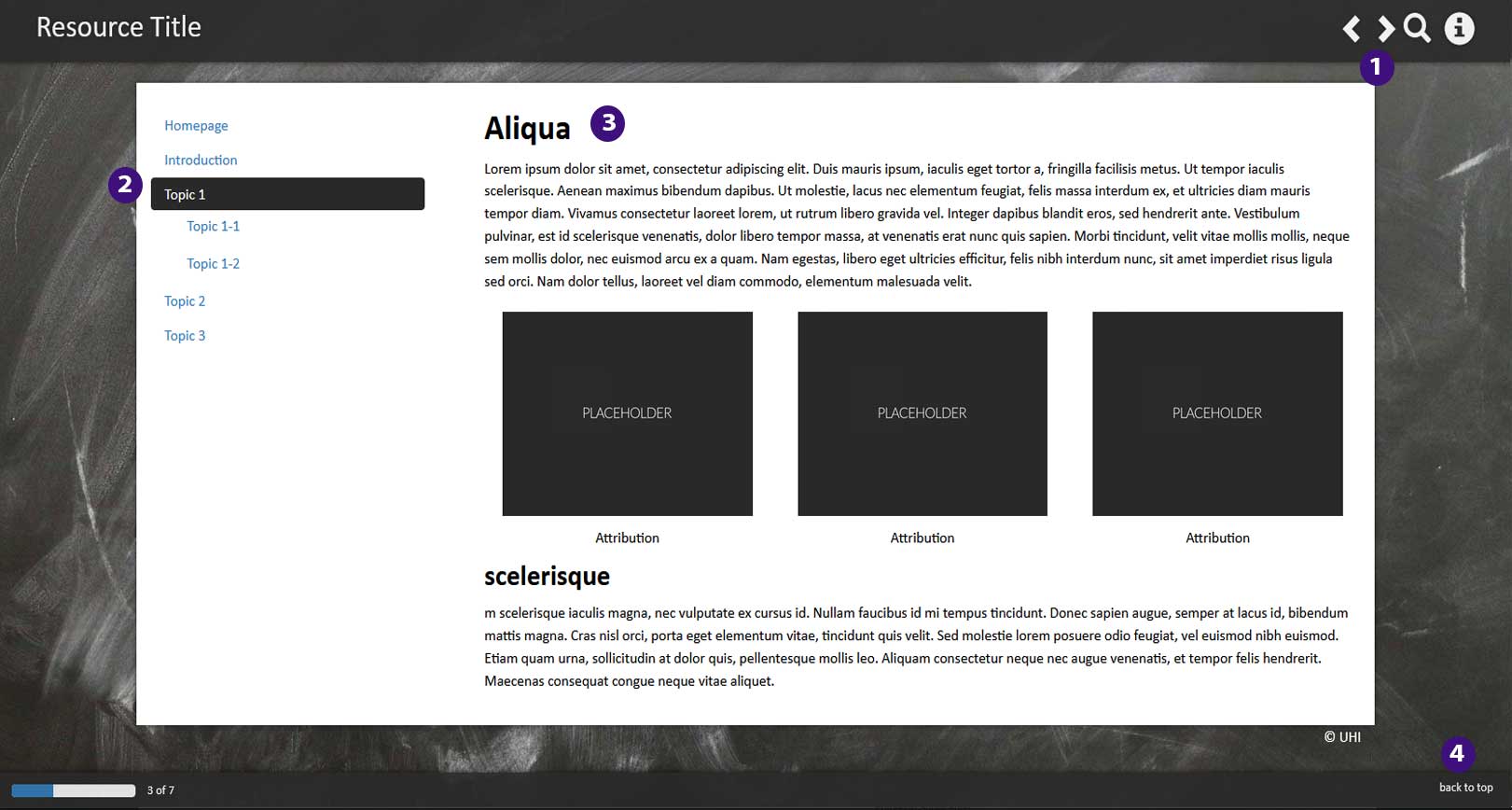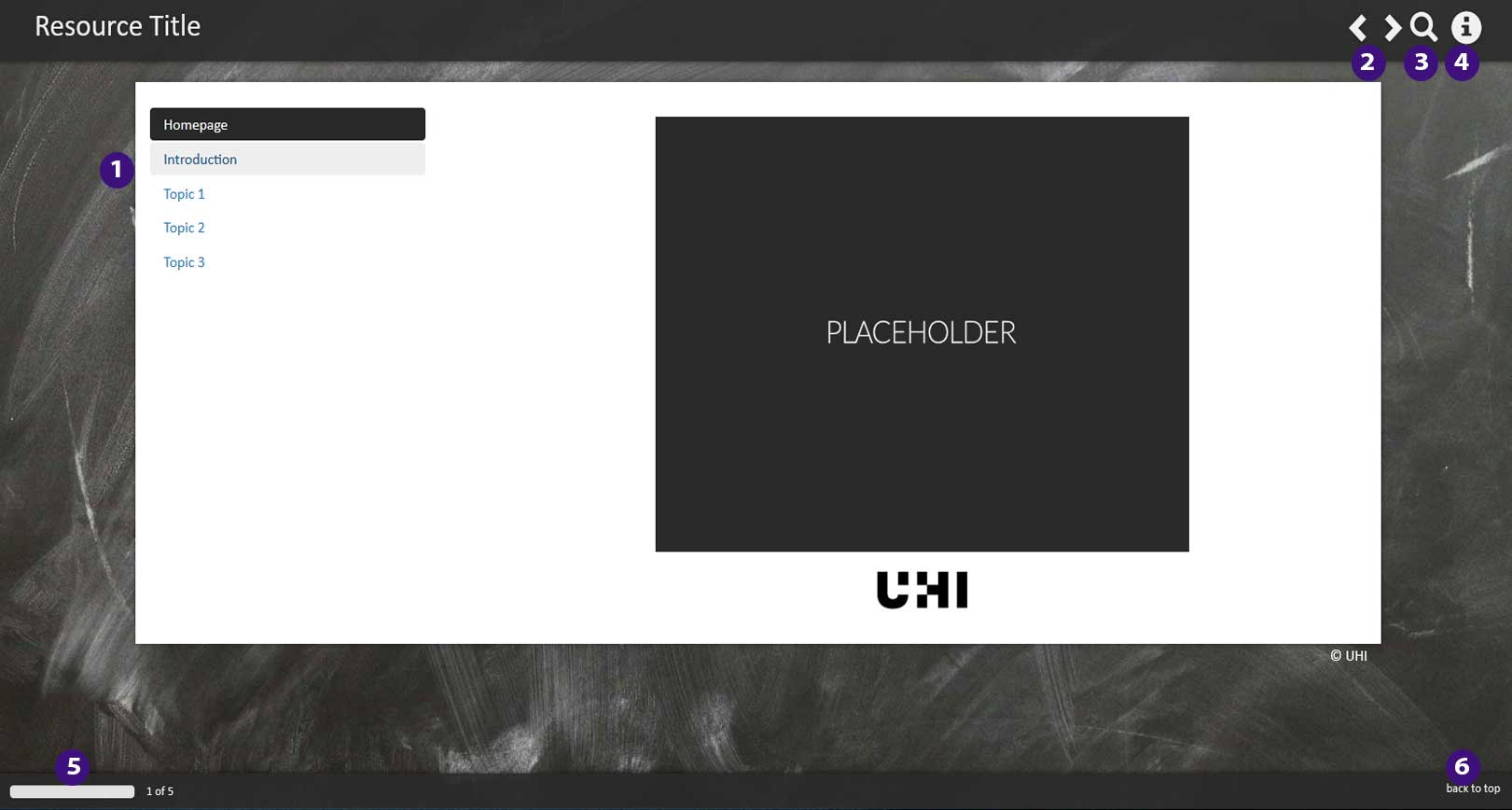Time management
Objectives
By the time you have completed this section of essential student skills you should be able to:
- Describe the three basic elements of time management
- Use lists and schedules to manage your time


'Clock alarm' - Shutterstock
Basics
There are three basic elements to time management:
1. Prioritise
List the tasks you need to complete and rank them in order of importance.
2. Analyse
Discover how and when you study best, what tasks you prefer, and what distracts you.
3. Organise
Create a schedule that fits with your style of studying.
Priorities
Start the process of managing your time by compiling a list of all your outstanding tasks.
The time management matrix opposite can help you to categorise each task according to urgency (whether or not it needs to be completed quickly) and importance (whether or not it is of significance in your life!).

'In-tray' exercise
Complete this ‘in-tray’ exercise
Drag and drop the tasks below in the order that you would complete them. Click ‘check answers’ to reveal if you have the correct order.
Analyse
The time of day that we work is very important. Unfortunately there is nothing you can do about having lectures first thing on a Monday, but if you are most alert in the evenings, perhaps that is when you should schedule the most work?
- Find out when you work best - this is your ‘prime time'. Use this for difficult or important tasks
- Find out when you can work but not necessarily give tasks your whole concentration. Use this time to do things which are time consuming but do not need your best intellectual endeavours: Download course materials, surf the net or organise your notes
- Find out what distracts you and avoid it
- Find out what helps you work and replicate it
Think about your work pattern
Take a minute to think about your typical day. What time do you wake up? When do you feel at your most alert? What kind of activity blocks do you naturally work in (e.g. 30 minute bursts, 1 hour bursts, 10 minute bursts?). Jot these thoughts down and refer back to them when you go on to create a schedule.
Organise
Now you are ready to organise yourself so that your work schedule fits your preferred working style, and of course fits around the rest of your life!
- Try and group similar activities together – if you repeatedly change activity you will need at least five minutes at the start of each task just to get into the swing of it again.
- Try combining tasks – ironing and watching your favourite TV programme for example!
- Focus on the best or most effective use of your time right now. Shoddy work will have to be revised, but don’t spend five solid hours creating a draft of a plan of an essay!
Lists
One of the most effective tools for time management is the daily ‘to do’ list:
- Write down everything that you have to do that day.
- Keep your list with you and check it regularly through the day. At the end of the day, cross out the tasks you have completed and put any outstanding tasks on the list for the next day.
- You may prefer to create a weekly rather than a daily list of tasks, but whatever you decide be realistic and don’t give yourself too much to do.
- In addition to your daily or weekly list, keep a diary, planner or calendar in which you keep a note of longer term tasks such as when any assessments are due, exam dates, field trips etc.
Daily 'to do' list
Download a daily ‘to do’ list template.
Creating a realistic schedule
For example, your current schedule may look like this (note the wording, especially around the first lecture, and the late finish):
| Time | Task |
| 07:00 | Wake up |
| 08:10 | Drive to college |
| 09:00 |
First lecture – feel rushed, disorganised and tired, but better after quick coffee break
|
| 12:00 | Have lunch |
| 17:30 |
Finish classes for the day and go to the gym/play football
|
| 19:30 | Have dinner |
| 20:30 | Work on essay due the next day |
| 23:30 | Finish |
With a little planning (and some effort!) it is possible to revise your daily routine to the following:
| Time | Task |
| 06:00 | Wake up |
| 06:30 |
Gym / early morning swim, avoiding morning traffic
|
| 08:30 |
Arrive at college – awake and energised - with time to spare to get a coffee and read over the previous lecture notes
|
| 12:00 |
Quick lunch followed by half an hour in library doing background reading
|
| 17:30 |
Finish college and go straight home
|
| 18:00 | Have dinner |
| 19:00 |
Complete tasks of the day – practical write ups etc. that you didn’t manage in morning
|
| 21:00 |
Finish and relax, read etc,
|
Weekly timetable
Complete the interactive timetable
Here is a blank weekly planner for you to organise. Fill each day of the week by writing in activities into the different parts of the day. We have given you possible options but everyone has different activities and commitments, so there may be other activities in your life that aren't listed as examples.
Possible daily activities
| Breakfast | Classes | Work | Dinner |
| Gym | Visit Family | House chores | Down time |
| Lunch | Kids activities | Weekly shopping | Study time |
| Mon | Tue | Wed | Thurs | Fri | Sat | Sun | |
| Early AM | |||||||
| Mid AM | |||||||
| Late AM | |||||||
| Early PM | |||||||
| Mid PM | |||||||
| Late PM | |||||||
| Early Evening | |||||||
| Late Evening |
Fitting study around your life
Dedicate some time most days for reading (e.g. on the bus or after tea)
Have a dedicated place to study or keep all your materials in one place
Use time spent waiting or travelling to read or plan. If you drive or cycle you could download a podcast which is relevant to your course and listen to it as you travel
If you have children, explain to them that you are doing a course, even if they are quite small. This will reinforce the importance of study to them, but do also make time to play with them etc.
Avoid commitment TV such as soaps. Record programmes that you really want to watch and save them up for when your weekly tasks are complete.
Eat properly and rest effectively so that you spend more time performing well.
Organisation
Listen to three students talk about how they organise their week.
Audio: Student 1
Average week of student 1 (66 seconds)
Download a transcript of this audio/recording
Audio: Student 2
Average week of student 2 (31 seconds)
Download a transcript of this audio/recording
Audio: Student 3
Average week of student 3 (45 seconds)
Download a transcript of this audio/recording
Conclusion
This section has highlighted the importance of good time management and introduced you to various techniques that you can use to manage your time effectively.
Time management is one of the cornerstones of being an effective, and happy, student, so do try and use some of the strategies outlined in this section. You will reap the rewards later on!
Library resources
Don’t forget that your partner college library may well have copies of books related to time management. Check the online catalogue to find out; or use MultiSearch to extend your search to eBooks and online journal articles.


.jpg?1652895183681)











